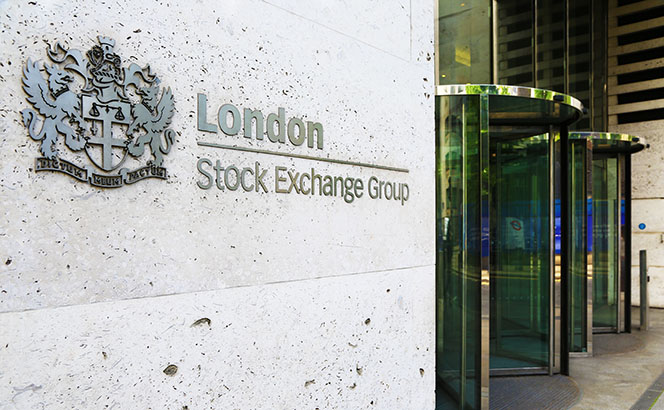The latest instalment in the Excalibur case is interesting for many reasons. One is Lord Justice Clarke’s claim that making litigation funders pay costs on an indemnity basis when costs are awarded against the party they are funding on an indemnity basis is not likely to chill access to justice.








